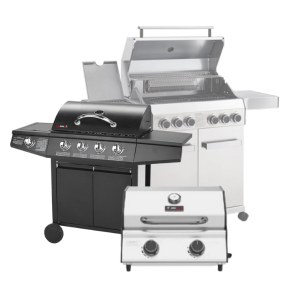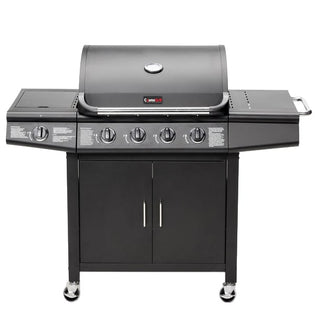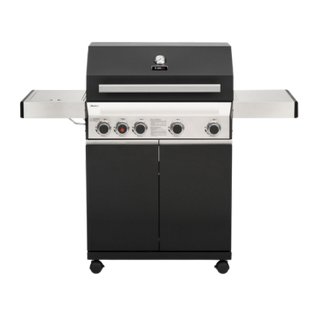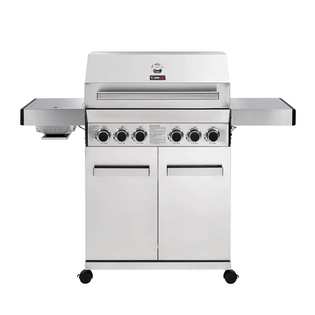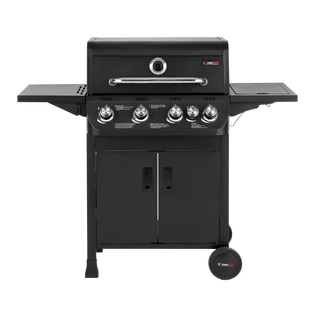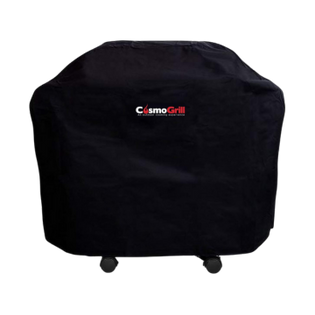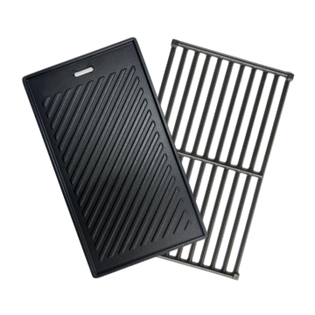HOW TO SEASON YOUR GRILL
Seasoning your grill or smoker involves coating its interior surfaces with oil and heating it to bond the oil to the metal. This process is crucial for preventing rust, paint peeling and creating a non-stick surface, especially beneficial for steel and cast iron components, as it shields them from moisture and extends their lifespan.
Benefits of Seasoning Your Barbecue:
Rust Prevention: Seasoning, offers critical protection against rust & paint peeling, particularly important in humid climates or if the grill is exposed outdoors. This is vital for grills made from materials like certain steel or cast iron.Aesthetics: A well-seasoned grill, both inside and out, sports a shiny, maintained look that may be attractive to owners.
Heat Retention: Although minimal, a thin oil layer on the exterior can aid in retaining heat.
How to Season Your Grill:
- Start with a clean grill, removing any stickers or adhesive.
- Apply a thin oil layer over the interior using a cloth, paper towel or spray bottle. Opt for vegetable, canola, or grapeseed oil.
- Heat the grill to high for a few hours until the oil smokes and then ceases as it bonds with the metal.
- Let the grill cool completel & Store in a dry place
While seasoning the outside of your grill isn't universally essential, it can provide additional protection and improve aesthetics. Regardless, always ensure the interior is well-seasoned and maintained for optimal performance and durability of your barbecue equipment.
Precautions:
Avoid excessive oil, which can turn sticky and attract dust. Focus primarily on seasoning the interior, as it is most crucial for protection. Regularly check for rust or wear, and re-season as needed based on your usage and environmental conditions.

